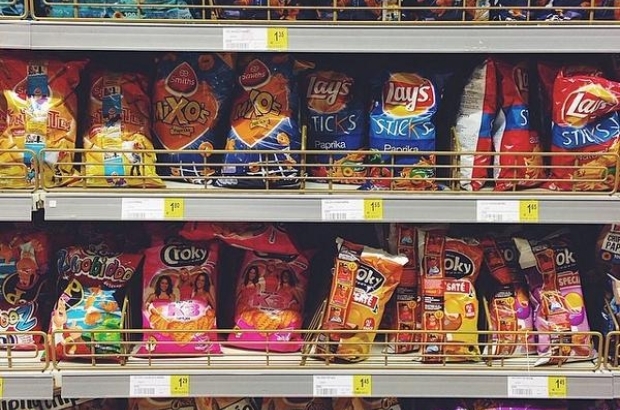- Daily & Weekly newsletters
- Buy & download The Bulletin
- Comment on our articles
New study condemns too much advertising for junk food and alcohol
Unhealthy eating and drinking in Flanders is fuelled by an excessive amount of advertising for alcohol, junk food and ultra-processed food, including in the proximity of schools, according to a new in-depth analysis of eating habits in Flanders from 2021 to 2023.
The study was carried out by Belgium’s health and research institute Sciensano and funded by the Flemish health ministry.
"Advertising is an important part of our food environment and is a lever that can be used to help transform people’s eating habits into healthy alternatives," said Stefanie Vandevijvere, Sciensano researcher.
The research showed the link between an "unhealthy food environment and places where advertising is prevalent". Schools and universities are notably heavily targeted – with one in three billboard ads for ultra-processed foods and two out of three ads for alcohol found within proximity of these places.
Sciensano found that in a 250-metre walking distance of primary school entrances there were, on average, seven ads for junk food and eight for alcohol. These figures increased according to the age of the child – with more advertising for fast food seen near secondary schools and higher education establishments.
Analysis of advertising in and around public transport and public buildings showed the same result – that advertising favours ultra-processed products and alcohol. In campuses and even in the proximity of hospitals, 80% of food advertising involves junk food or alcohol.
Junk food and alcohol sponsorship of sports clubs was also found to be prevalent.
“Some 69% of football club websites mention a sponsor from the food or drinks sector, whereas this figure was 57% for tennis clubs and 11% for gymds,” Sciensano noted.
The researchers highlighted that action was essential to make people aware of food issues and their consequences. In 2020, 74% of residential areas had shops selling unhealthy food while 30% of the Flemish region had no access to a healthy food outlet at all.
Treating obesity and its consequences costs the social security system in Belgium more than €4 billion a year.
For Canopéa, the federation of Belgian environmental associations, self-regulation – unsurprisingly favoured by the food and drink industry – is not working, as “political representatives have allowed themselves to be influenced by lobby groups of the food industry, which from the outset has presented itself as an important provider of jobs”.
Meanwhile, Belgium’s Superior Health Council already recommended legislation in 2022. It called for governments to ban unhealthy food adverts aimed at the under 18s and has recently renewed this plea.
Sciensano added that concrete action to improve food safety must be taken by governments and, if possible, by towns and municipalities as well.



















